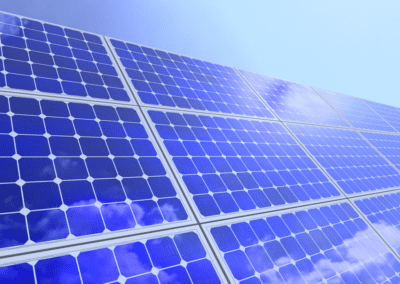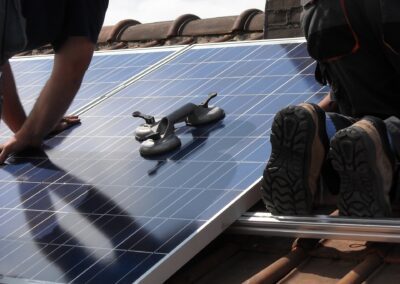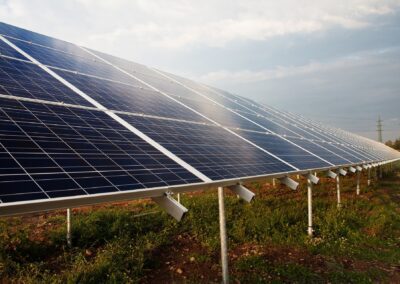solar panels
Solar panels, also known as photovoltaic (PV) panels, are devices that convert sunlight into electricity. They are a key component of solar energy systems and are used to generate clean and renewable energy. Solar panels work based on the principle of the photovoltaic effect, where certain materials, usually silicon, create an electric current when exposed to sunlight.
Solar panels have become increasingly popular as a sustainable energy solution due to their environmental benefits and long-term cost savings. They are commonly installed on rooftops or in large-scale solar farms to harness solar energy for residential, commercial, and industrial purposes. Solar energy offers a clean and renewable alternative to traditional fossil fuel-based electricity generation, helping to reduce greenhouse gas emissions and combat climate change.
Solar panels offer numerous benefits, both for individuals and the environment. Here are some key advantages of using solar panels:
1. Renewable and Sustainable: Solar energy is a renewable energy source, meaning it is continually replenished by the sun. Unlike fossil fuels, which are finite and contribute to climate change, solar energy is abundant and sustainable, providing a long-term solution to our energy needs.
2. Clean and Environmentally Friendly: Solar power generates electricity without emitting greenhouse gases, pollutants, or carbon dioxide. By using solar panels, you can reduce your carbon footprint and contribute to mitigating climate change. Solar energy helps to improve air quality and protect ecosystems by reducing dependence on fossil fuels.
3. Energy Independence: Solar panels allow individuals and businesses to generate their own electricity. By producing your own solar energy, you become less reliant on traditional energy sources and vulnerable to fluctuating energy prices and supply disruptions. Solar power provides a sense of energy independence and stability.
4. Cost Savings: While the initial cost of installing solar panels can be significant, solar energy can lead to substantial long-term savings. Once installed, solar panels produce free electricity from sunlight, reducing or eliminating your reliance on grid electricity. Over time, the energy savings can offset the installation costs and result in significant financial benefits.
5. Low Maintenance: Solar panels have no moving parts and are designed to be durable and long-lasting. They require minimal maintenance, usually limited to occasional cleaning to remove dirt or debris. Most solar panels come with warranties ranging from 20 to 25 years, ensuring their performance and reliability.
Get in touch today with one of our experts to find out more about our solar panel services.




